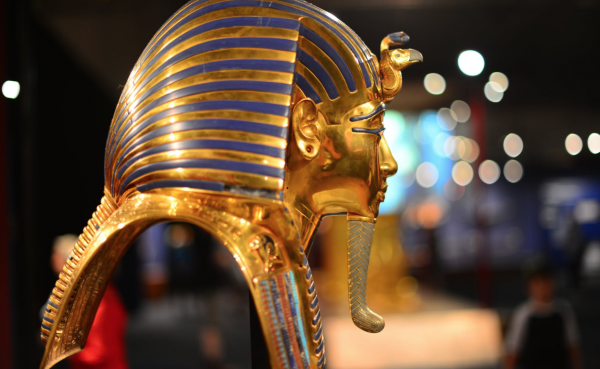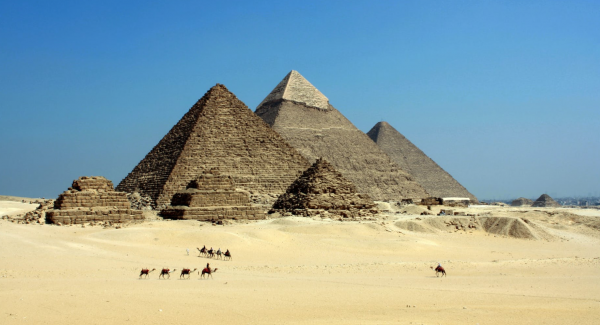Ancient Egypt is one of the most well-known civilisations to have ever existed and one of the most successful. There are many lessons we can learn from the way that the Egyptians lived and worked, but first, we need to learn a little more about them.
The Ancient Egyptians did have a government system but they were ruled first and foremost, by a supreme leader called the Pharaoh. This figure had complete control of the government, the people and the religion of Egypt. Pharaohs were believed to be half-man and half-god (specifically, the god Horus), so there was no questioning the decisions made by them – this is not dissimilar to the later monarchy in Britain, where people believed that the King/Queen was chosen by God and therefore, had a complete rule.

One of the most famous Pharaohs was Cleopatra VII. There is something to be said for the glamourisation and romanticisation of her persona after her death, and the death of the empire, but it is believed that she was completely formidable, even without the looks of Elizabeth Taylor (who played her in 1963). She married two of her brothers and made lovers out of two Roman warlords, Mark Antony and Julius Caesar, and became known throughout Rome as the witch-queen who seduced men into betraying their home countries. We still look to her today as an emblem of beauty and female sexuality, and people all over the world try to emulate her
Another of the pharaohs you may know is Tutankhamun, or King Tut, as he was the youngest pharaoh ever, beginning his reign at the tender age of nine years old. We also remember him for restoring many religious temples and monuments, after his father had destroyed them in order to change Egypt into a monotheistic country. Thanks to Tut, the evidence that we now use to identify ancient religion is still intact, alongside the original belief system of Egypt. The lesson to learn from him is to protect our heritage and make sure that our cultures aren’t lost or destroyed, not only for people at the time but for future generations, who may be looking on us as historical figures.
Most other cultures have a fascination with Egypt throughout history, and ‘Egyptomania’ was at its height in Europe during Napoleon’s campaign on Egypt in 1798 as well as in the first few decades of the 20th century. All over the continent, art, literature and aesthetic were being affected by the ancient civilisation, and it has continued ever since. Even today, we use the image of pharaohs, sphinxes, and pyramids in our design, fashion, makeup, and even gaming. Themed slot machines, such as Joe Fortune’s ‘A Night with Cleo’ show us how none of us can resist the allure of Ancient Egypt, and how the appeal of the Pharaohs is still as strong as it has ever been. Another example is the brand Juvia’s Place, a makeup company that creates eyeshadow palettes based off of the rich colours that we associate with the opulence of Egypt and uses said imagery in its marketing material.
It is unlikely, with films and documentaries, that we will ever forget this truly outstanding civilisation, and will continue to be influenced by them in our art and culture for many years to come.


